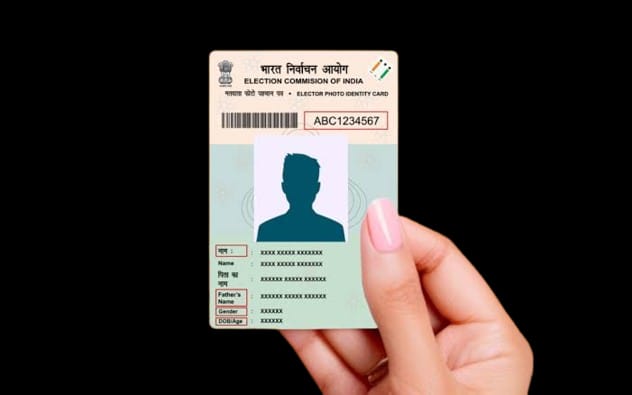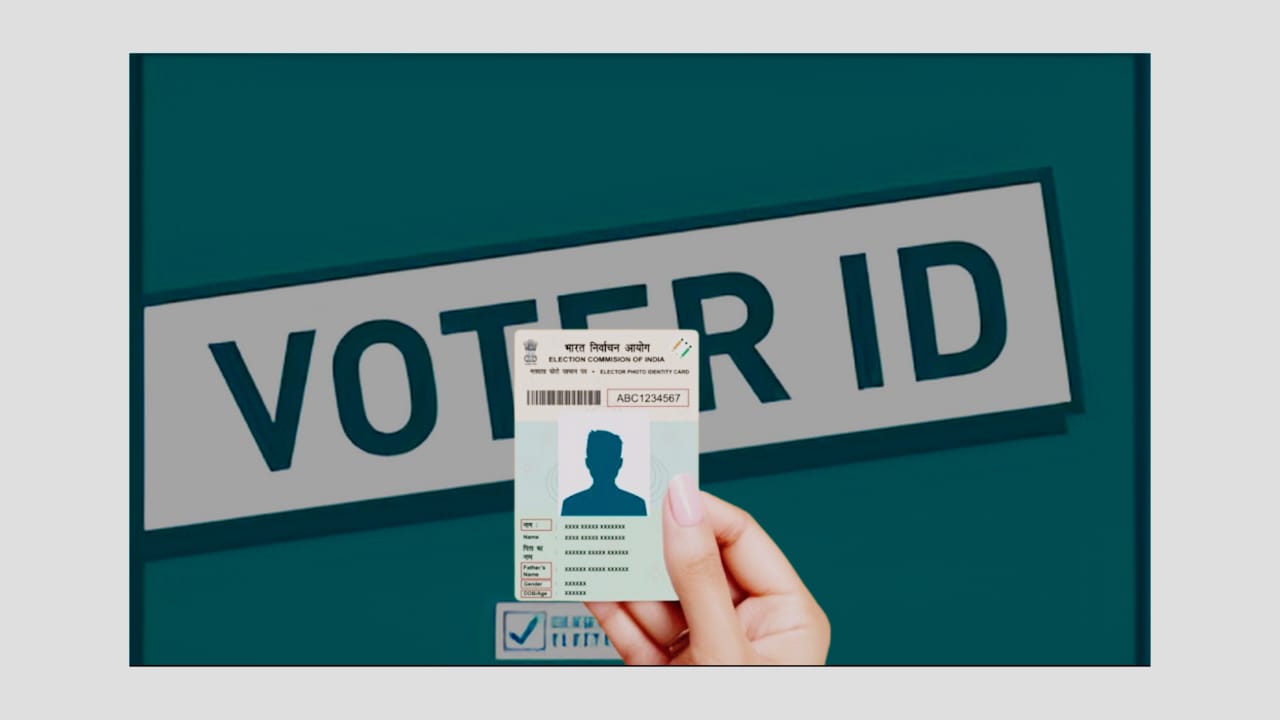The Election Commission of India (ECI) introduced the e-EPIC (Electronic Electoral Photo Identity Card) which is a groundbreaking initiative in the rapidly changing world of digital transformation. For Indian voters there will be increased accessibility convenience and security with this digital version of the traditional voter ID card. We learn more about the idea of e-EPIC eligibility requirements essential features and a comprehensive walkthrough of downloading this digital document in this in-depth investigation. Well also talk about the wider ramifications of accepting digital identity in the electoral process.
Understanding e-EPIC: A Development in Identification of Voters.
Voter identity verification and authentication have undergone a paradigm shift thanks to e-EPIC. e-EPIC is available digitally and can be accessed on computers tablets and smartphones in contrast to the conventional laminated voter ID card which is brittle. This shift to digital identity addresses the difficulties involved in handling physical documents while also being in line with worldwide e-governance trends.
Who Is Eligible for e-EPIC and What Does It Cost?
Individuals must fulfill specific requirements in order to be eligible for e-EPIC:
Voter ID Card: The candidate must have a valid voter ID card issued by the Election Commission and be registered to vote in India.
Age Requirement: Each country has a different minimum age requirement for voter registration and voter ID cards. In India anybody who is eighteen years of age or older can register to vote and obtain a voter ID card.
Indian Citizenship: To be eligible for voter registration and voter ID card issuance applicants must be citizens of India.
Examining e-EPICs features and advantages.
Numerous features built into e-EPIC are intended to empower voters and expedite the electoral process. Voters can access their identity information using electronic devices at any time and from any location thanks to e-EPICs digital nature.
Convenience: Having a physical card is so last century. Voters have a digital identity through e-EPIC that blends in perfectly with their digital lifestyles.
Enhanced Security: In order to guard against unwanted access and manipulation e-EPIC integrates cutting-edge security features like encryption and biometric authentication. E-EPIC allows poll workers and election officials to quickly confirm voter identity, cutting down on lines and speeding up the voting process.
Environmentally Friendly: By lowering the need for physical documents e-EPIC helps to preserve the environment by using less paper and producing less waste.
The Comprehensive Guide to e-EPIC Downloading.
Let us now take you step by step through the e-EPIC download process:
The National Voters Service Portal (NVSP) website can be accessed by first going to https://www.nvsp.in/.
Login/Register: Enter your login information to access your NVSP account if you already have one. In order to create an account new users must fill out the necessary information and choose a username and password.
Locate and click on the Download e-EPIC section on the homepage of the NVSP portal after logging in to access the e-EPIC section.
Enter your EPIC (Electoral Photo Identity Card) number or the Form Reference Number that you provided during the voter ID application process. You will be asked to enter one of these two numbers.
In order to generate an OTP click the Generate OTP button. To the registered email address or mobile number an OTP (one-time password) will be sent. Kindly enter this OTP to authenticate yourself.
e-EPIC download: You will be able to obtain your e-EPIC in PDF format following OTP verification. The document can be printed or digitally saved for later use.
Check for Updates: Every now and then look for announcements updates or new features pertaining to voter services and e-EPIC on the NVSP portal.
What Role Does Digital Identity Play in Governance?
The implementation of e-EPIC is indicative of a larger movement in Indias democratic framework toward digitization and e-governance. e-EPIC and other digital identity solutions empower citizens by facilitating easy access to necessary services while also improving efficiency and transparency.

Governments can adopt digital identities in order to:
Simplify Procedures: Digital identity solutions reduce paperwork manual intervention and processing times by streamlining administrative procedures.
Improve Security: Sophisticated authentication and encryption methods in digital identity platforms improve security safeguarding citizens private information and lowering the possibility of fraud or identity theft.
Increased Access: Digital identity programs increase peoples ability to access financial inclusion healthcare education and government services particularly for disadvantaged and remote populations.
Enable Data-driven Decision Making: The data generated through digital identity systems can inform evidence-based policymaking resource allocation and service delivery leading to more effective governance.
Encourage Civic Participation: Digital identities enable people to actively take part in democratic processes like voting open forums and feedback systems which increases civic responsibility and engagement.
Problems and Things to Think About.
Even though digital identity has many advantages there are certain issues and concerns that need to be taken into account.
Digital Divide: The digital divide which is defined as unequal access to internet connectivity and technology can make it more difficult for digital identity solutions to be widely adopted especially in underserved and rural areas.
Privacy Concerns: To stop personal data from being misused and to guarantee public confidence in digital identity systems strong data protection policies and privacy safeguards are crucial.
Hazards associated with cybersecurity: Digital identity systems need to be resistant to intrusions data leaks and illegal access. This calls for constant surveillance cybersecurity procedures and updates.
Law and Regulation: To control digital identity systems safeguard citizens rights and create accountability systems clear laws norms and regulations are required. The implementation and efficient use of digital identity solutions depend heavily on comprehensive capacity building initiatives such as government official training digital literacy programs and awareness campaigns.
Future Perspective: Digital Governance.
Digital identities will play a bigger part in governance as countries embrace digital transformation. A society empowered by technology is made possible by solutions such as e-EPIC which act as catalysts for inclusive transparent and effective governance. It is imperative that governments policymakers and stakeholders work together to tackle obstacles protect privacy guarantee accessibility and fully utilize digital identity for the benefit of the public.
Societies can achieve increased equity resilience and citizen-centric services in the digital age by utilizing the advantages of digital governance. To sum up e-EPIC represents the shift in governance and civic engagement toward a digital-first strategy. Voters are empowered and the democratic process is made more responsive and accountable by its accessibility security and convenience.
e-EPIC is a shining example of innovation and progress in creating a future that is digitally inclusive for everybody even as we navigate the opportunities and complexities of digital governance.



